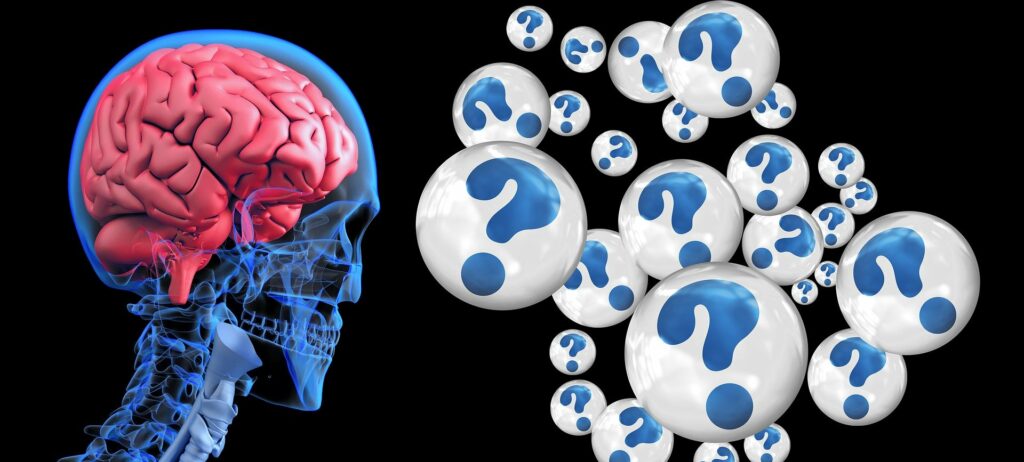Realigning Christianity with Compassion

Introduction Trends of scripture manipulation, social neglect, and wealth/power accumulation have steered parts of modern Christianity away from its founding mission to serve the vulnerable and oppressed. This alignment hardly matches the radical solidarity and liberation theology central to Jesus’ teachings.
A refocusing on the gospel message of justice, unconditional dignity, and elevating the marginalized is needed to reform Christianity’s highest calling – a renewal requiring uncomfortable self-reflection and return to origins.
The Harm of Divisive Lenses on Scripture Centuries of agendas and power struggles have weaponized scripture to legitimize opposing stances, breeding turmoil. Historical and cultural contexts get ignored by those seeking to validate modern ideological positions through shallow “plain readings” of ancient texts. Consequently, the unifying gospel themes of grace, liberation, and fighting inequality have been largely buried under layers of dogma.
To uphold prophecy over ideology, scripture might be examined in small groups, pursuing an understanding of both the human and divine. This space holds promise for reconciling relationships across differences if good faith questions are taken up more than battle flags. Scripture brings life when it dismantles barriers to human thriving rather than reinforcing them.
Troubling Corruption by Money and Power
Prosperity gospels glorifying wealth accumulation without societal responsibility are deeply troubling. So, too, are evangelical alignments with partisan political agendas and underlying forces of Christian nationalism, worker exploitation, institutionalized inequality, discrimination, and gun obsession. All reflect ethical drift from Jesus’ foundational teachings.
In his era, Jesus responded to similar religious hypocrisy and injustice with righteous anger, overturning temple tables and conducting business, not a blessing. The modern church desperately needs a similar cleansing of systems that privilege already powerful groups over responsiveness to the vulnerable. Who would the marginalized invite in if the doors were suddenly flung open? And what symbols and rituals would they call to dismantle?
Harms Inflicted Historically in Christ’s Name Beyond contemporary issues, for Christianity to realign with its highest compassionate calling requires also reckoning with immense historic harms religious institutions perpetuated in the name of Christ:
Colonization and Cultural Destruction Christianity spread globally alongside colonizing empires and decimating indigenous cultures, knowledge systems, and faiths across Africa, the Americas, Asia, and Oceania through violence, coercion, and policies erasing heritage. The church gained prominence by dismantling existing belief systems it judged heathen, sparking cultural cataclysms still lacking redress.
Economic Exploitation Christianity’s deep entanglement with the transAtlantic slave trade and exclusions under Jim Crow bred intergenerational wealth divides still unmatched globally. Christianity benefited materially through slave and immigrant labor, yet it took decades to denounce the brutal trade of human bodies as God’s children. Do commands to welcome the foreigner require atonement around the denied sanctuary?
Gender and Sexual Minority Discrimination Christian institutions have inflicted immense trauma by repressing women, excluding female leadership, and marginalizing LGBTQ groups. Righteous anger surrounds the church’s sluggishness, repudiating toxic masculinity, embracing women’s empowerment, and countering violence against those identifying outside rigid conceptions of gender. Recognition of diversities within God’s creation continues unfolding.
A Vision Calling Christianity Inward In a vision during a death experience, I sensed a divine presence emanating profound compassion yet outraged at injustices perpetrated under the banner of faiths name – demonization of immigrants, nationalism masquerading as faith, economic disparities lacking redress.
This vision imparted a clear call: for insiders and outsiders alike to walk justly, love mercy, reconnect to innate human dignity – and till hopeful soil for new growth after the fire of righteous anger clears corrupt structures away.
Awakening Our Higher Calling Healing ancient divides requires examining ways dominant groups and ideologies long dimmed the light of sacred personhood in marginalized groups. From such darkness, springs of revival can flow as eyes open to recognize divine essence was never lost, only disbelieved.
On this wise path, both church and society must take care not to replicate limiting patterns by becoming equally rigid in the opposite direction. As reform unfolds, the answer resides not in demanding correctness under alternative ideologies.
Rather, transformation relies on appealing to moral conscience and courage enough to ask honest questions of accepted norms: Does this teaching uplift conscience over convenience? Does it move all souls towards freedom from fear and suffering or secure privilege for a few complacent already? Who yet cries out feeling undignified, longing for belonging?
For sincere believers willing, there is no “them” permanently outside Jesus’ compassion so long as humility leads back to the source, recognizing angels reside in most unsuspecting guests.
By opening hands and knees to mass injustice, Christianity realigns with liberating work only yet begun for many. And by softening hearts enlivened by transformative vision, room expands within strict structures for once-expelled gifts assisting redemption. Where gold rusts shut behind guarded gates, prophetic movement flourishes led from society’s sweeping margins back towards a welcoming table with space enough for all.
Some things to think about…
The tests of this age call for setting aside differences in solidarity, uplifting those crushed underfoot without qualms. A faith true to its name ensures pathways to health, personhood, and dignity remain open and guarded as dearly as any creedal claims. By such fruits nourishing suffering souls, questioning observers may endorse good faith efforts mending the torn fabric binding earthly family. My humble service of compassion between people seeking justice rolls down like waters to cleanse injustice perpetuated under sanctimonious guises. Then we will surely know the peacemaker Jesus by the company he keeps at the table where authority bows to outcasts and where no human fully defined by label lingers outside the light of belonging.



